This website uses cookies so that we can provide you with the best user experience possible. Cookie information is stored in your browser and performs functions such as recognizing you when you return to our website and helping our team to understand which sections of the website you find most interesting and useful.
Each year, the world celebrates International Women’s Day on March 8. The 2023 theme of “Embrace Equity” encourages us to celebrate women’s achievements, while continuing to work towards a world that is diverse, inclusive, and equitable. We are honored to share the unique and powerful voices of 17 of our staff around the world. Read on to hear their thoughts on International Women’s Day, working in public health, and embracing equity.
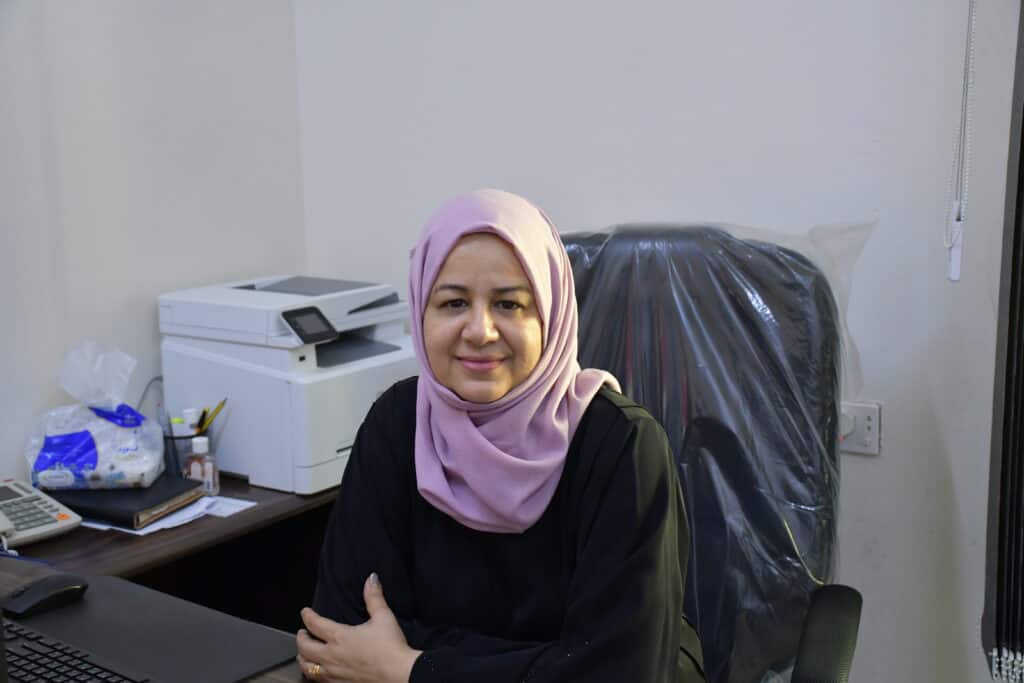
As a Yemeni woman, this day makes me proud of all the wonderful roles that women play in Yemen despite the economic, social, and cultural difficulties. They give me the strength to work relentlessly.
Working in global health has given me the opportunity to voice the health problems in my country, and to learn how to improve the health of my communities by building on the experiences of countries similar to mine.
– Dr. Suaad Al-Hetari, Yemen
Systems, Health, and Resiliency Project
In our patriarchal African society, women and their needs have often come secondary both in policy making, laws and customs. Despite the recent improvements, this year’s theme is a strong reminder that much is needed to accommodate the special needs of women to close the gaps that have often reduced them into second class citizens.
– Lucy Lamunu, Uganda
Finance & Administrator
RHITES-N Lango
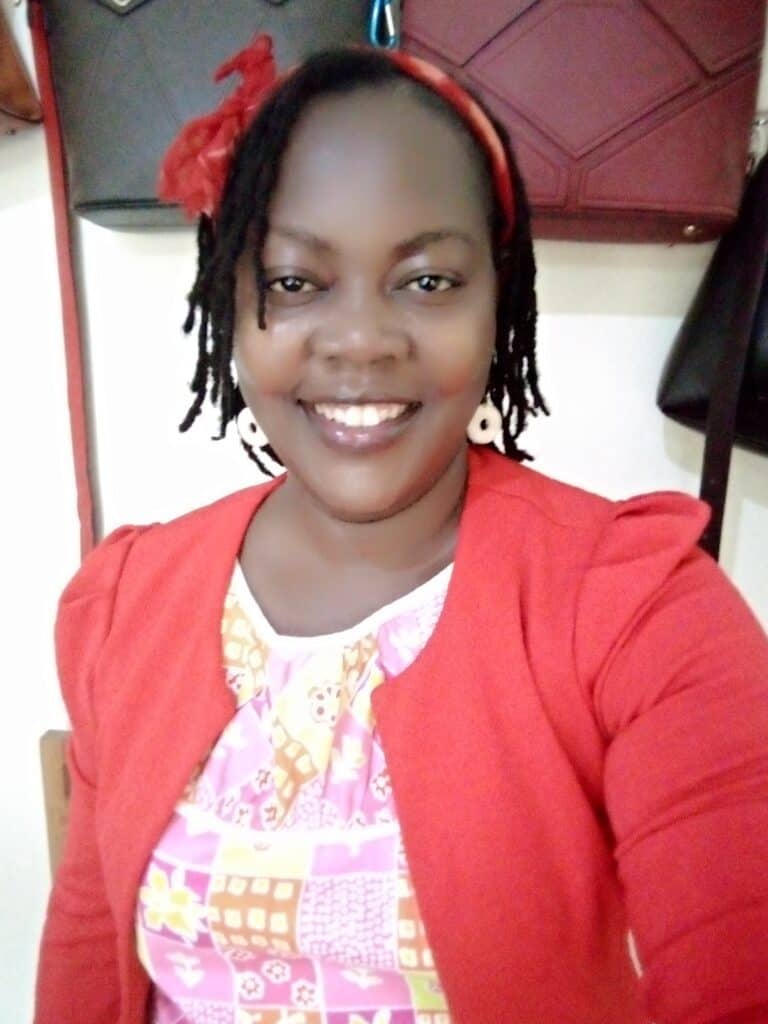
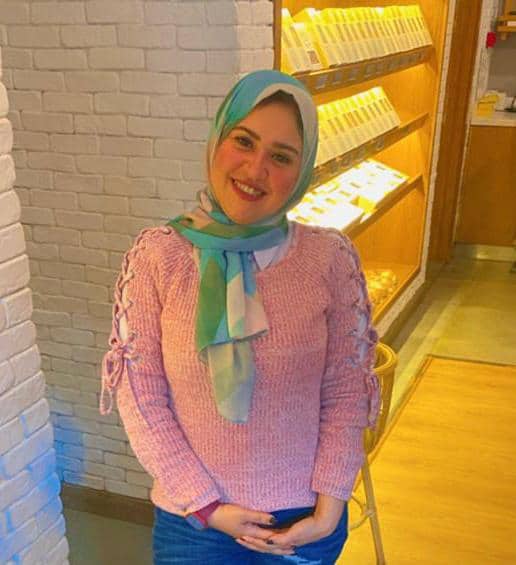
International Women’s Day is about giving a voice to every voiceless woman, especially in deprived societies. Despite the small number of women working in global health, I have always found that women, no matter their role, have a greater positive impact compared to their male counterparts.
– Asmaa Nasr, Egypt
Strengthening Egypt’s Family Planning Program
As a woman working in global health, my career has allowed me to work with adolescents and young people to make a significant impact in their lives and communities, and to understand and address unique challenges faced by women. Through advocacy and innovative approaches, I have supported the health and well-being of adolescents and young women in Zambia.
– Brenda Simpasa, Zambia
Prevention Behavior Intervention Coordinator
USAID DISCOVER-Health Project
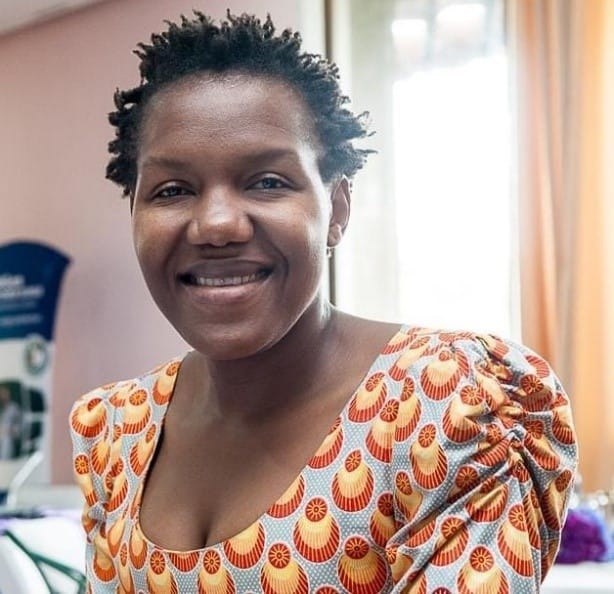
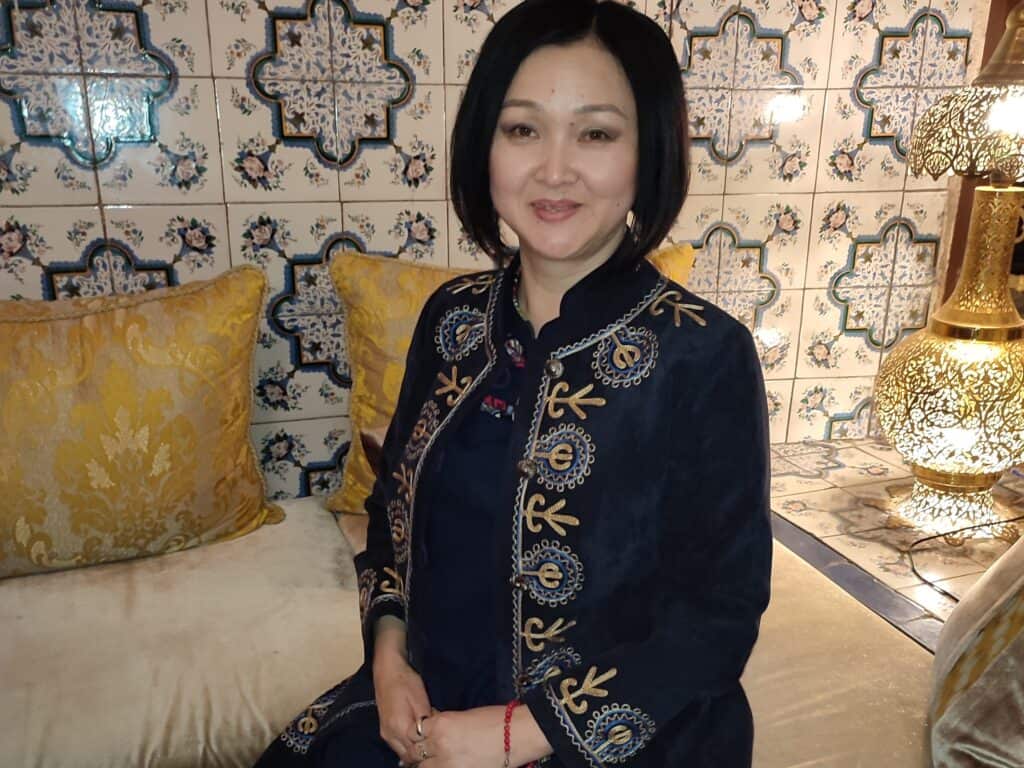
Embrace equity to me is about the significance of educating children in a culture of fair treatment and just behavior towards every individual, regardless of race, religion, social affiliation, age, or gender.
– Cholpon Ibraimova, Kyrgyzstan
Team Lead Social and Behavior Change
USAID Cure Tuberculosis Project
Embracing equity means creating a diversified workforce that includes and respects women by helping them grow in their career and have a voice. Employees perform better when they feel seen and respected.
– Dalia Hemid, Egypt
HR & Operations Manager
Strengthening Egypt’s Family Planning Program
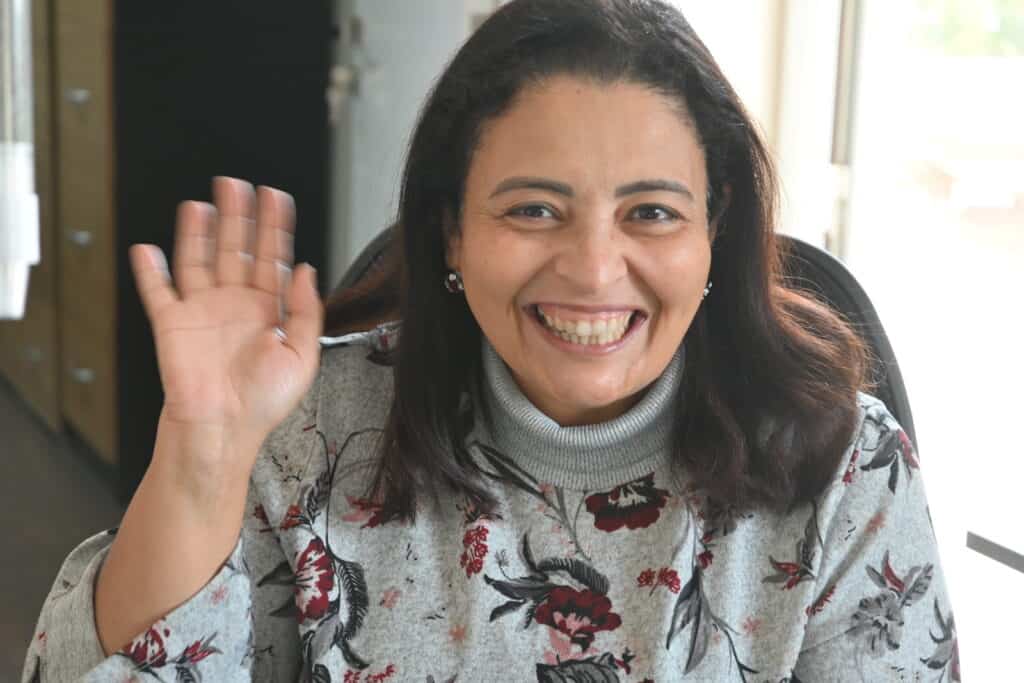
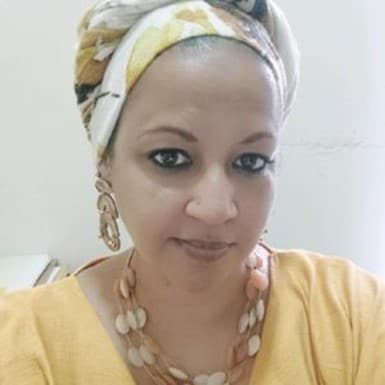
Supply chains are often perceived to be a male-dominated field and women are at a disadvantage when it comes to accessing healthcare. Working in global health supply chains puts women in the right balance – our awareness of these issues and how they affect us empowers us to push for more equitable access to essential health services and supplies.
– Miranda Buba Atare, Nigeria
In-Country Lead
Self Care Accelerator Project
Being a young woman working in global health has opened my eyes to a lot. It made me realize women, especially at my age, should have access to reproductive health education and services, and I feel I am an ambassador for all of them. Every woman has the right to be happy, healthy, empowered and supported.
– Ghada Kassim, Egypt
Social & Behavior Change Communication Administrative Assistant
Strengthening Egypt’s Family Planning Program
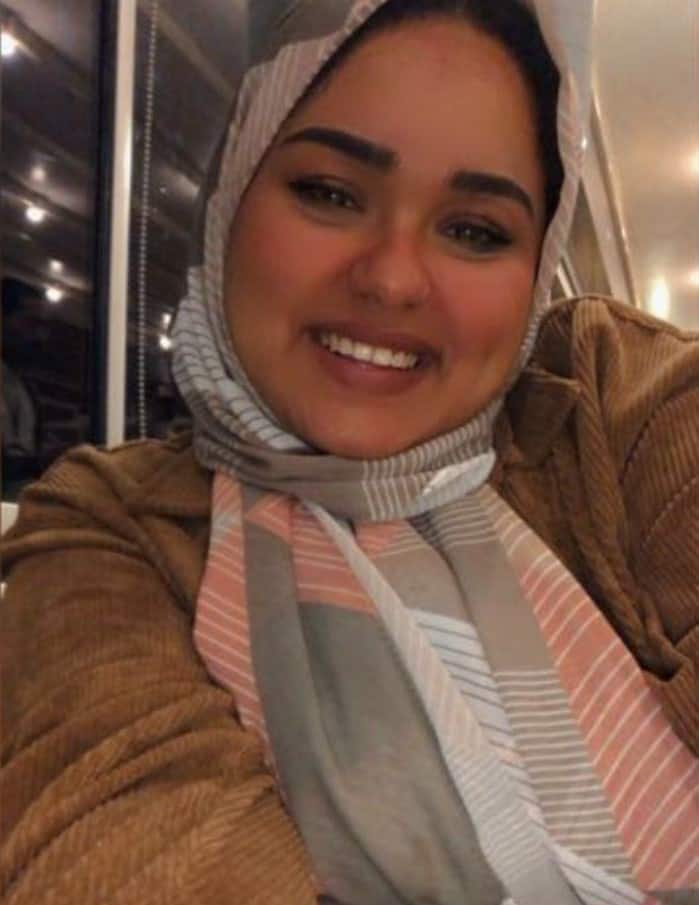
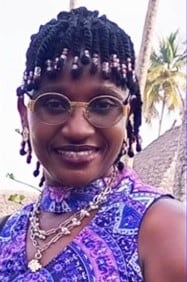
Embrace Equity means collectively addressing systemic inequities and dismantling unique and specific barriers to opportunities in order to achieve the end goals in life.
– Shirley Akyere, Ghana
Gender and Equity Advisor
Strengthening the Care Continuum Project
I am very excited to be part of the JSI team to implement the new Lao MCHN program in five provinces of the Lao People’s Democratic Republic (PDR). That means together we will be able to put gender equity and social inclusion into practice in the program areas. This will hopefully help many women and young girls access equitable health services to take care of their own and their children’s health.
– Niramonh Chanlivong, Laos
Deputy Chief of Party
USAID Laos Maternal Child Health and Nutrition Activity
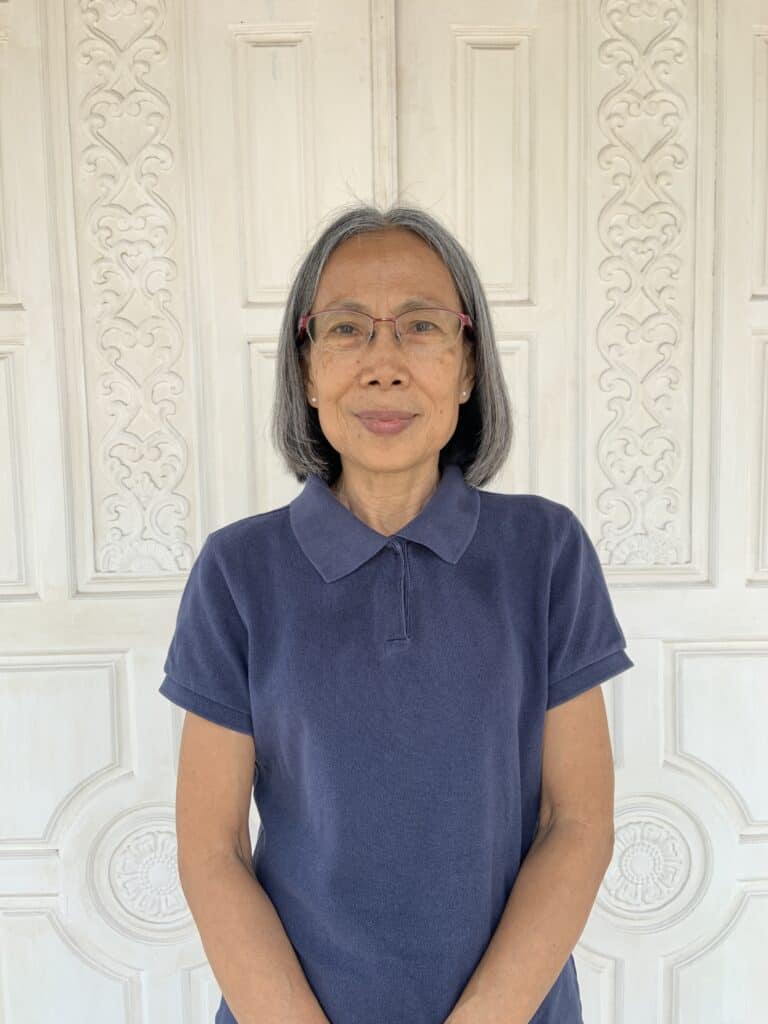
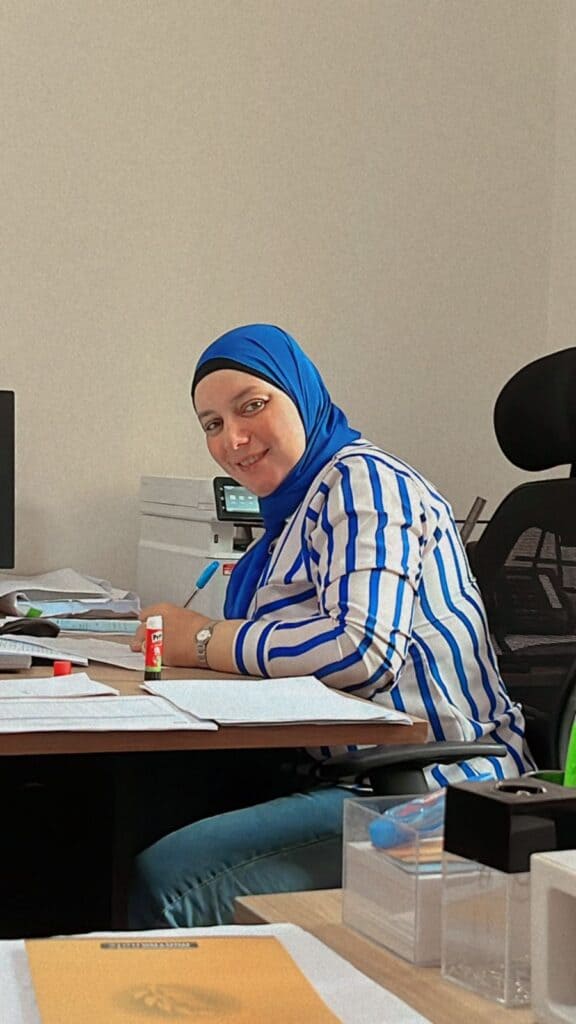
I think equity is not just a nice thing to have, it is a must-have right. It needs to be part of every person in our society while emphasizing the difference between equity and equality.
– Iman Ibrahim, Egypt
Social & Behaviour Change Communication Support Officer
Strengthening Egypt’s Family Planning Program
To me, ‘accelerating equity’ means that we see the same opportunities opening up to women as we see for men, especially in historically male-dominated industries like supply chains. To achieve equity, we have to commit to recruiting, retaining, and advancing women across these industries.
– Wendy Nicodemus, Zambia
Deputy Chief of Party
Electronic Supply Chain Management Information System Project in Zambia
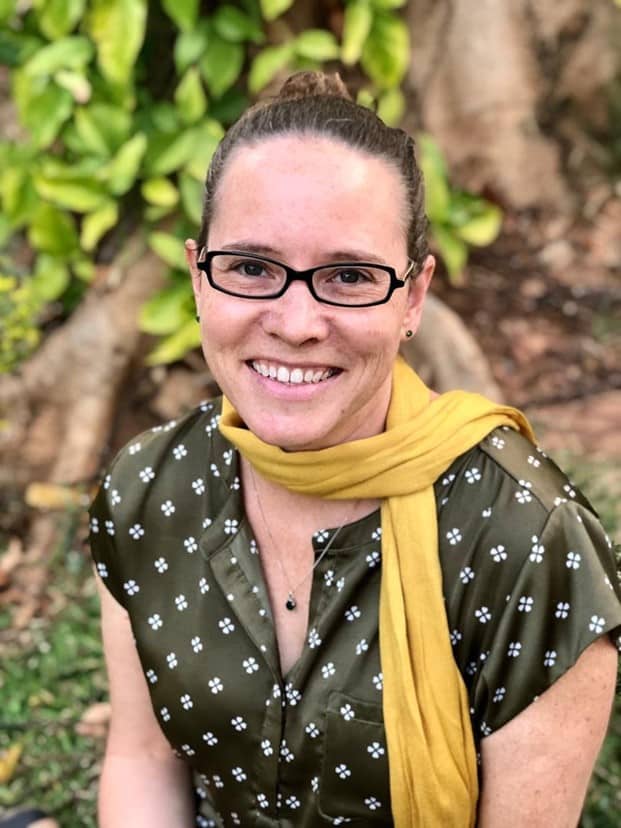
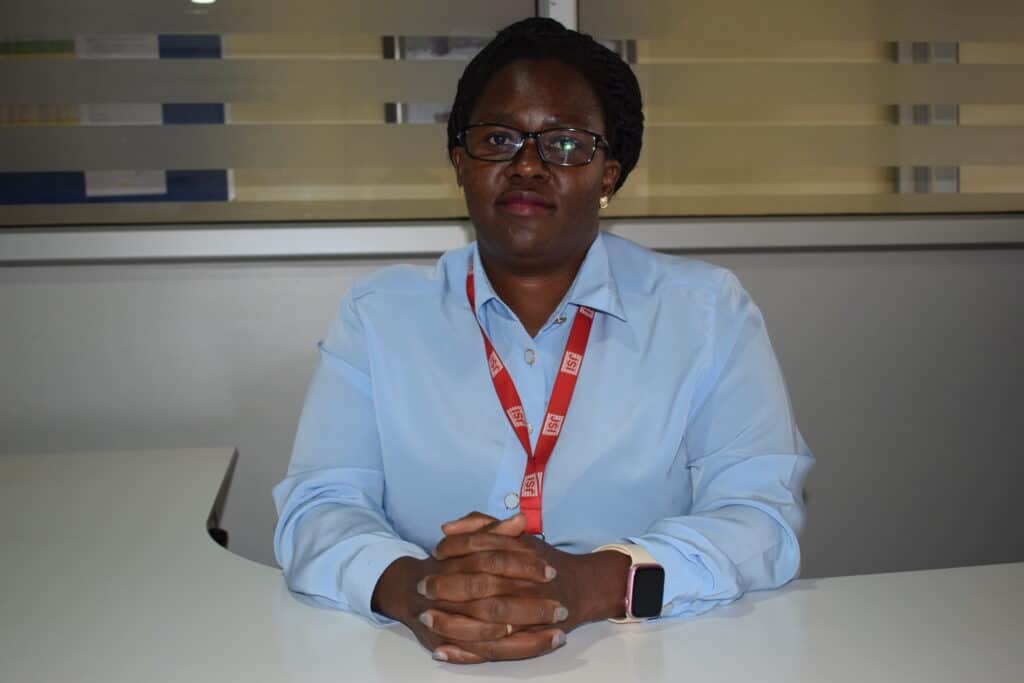
[Working in global health] is an opportunity to become a voice for the voiceless or less heard populations you work to support, including men who are vulnerable to poor health-seeking behaviors, women who are economically and socially marginalized, and other communities, like refugees. It means being an advocate and finding the paths to reach the hard-to-reach and often left out members of the communities we serve.
– Angella Akolla, Uganda
Regional Program Coordinator
Uganda Malaria Reduction Activity
On International Women’s Day, we celebrate the achievements of women regardless of borders, ethnic, linguistic, cultural, economic, or political differences. In the Kyrgyz health sector, women have a relatively strong representation, and I’ve been working in the health care financing system since 1998 ensuring guaranteed financing of TB care and free and equitable access to TB services for all. I wish for all women to feel loved and supported, so that they can grow.
– Ainura Baiborieva, Kyrgyz Republic
Finance Specialist, Health Systems Strengthening
USAID Cure Tuberculosis Project
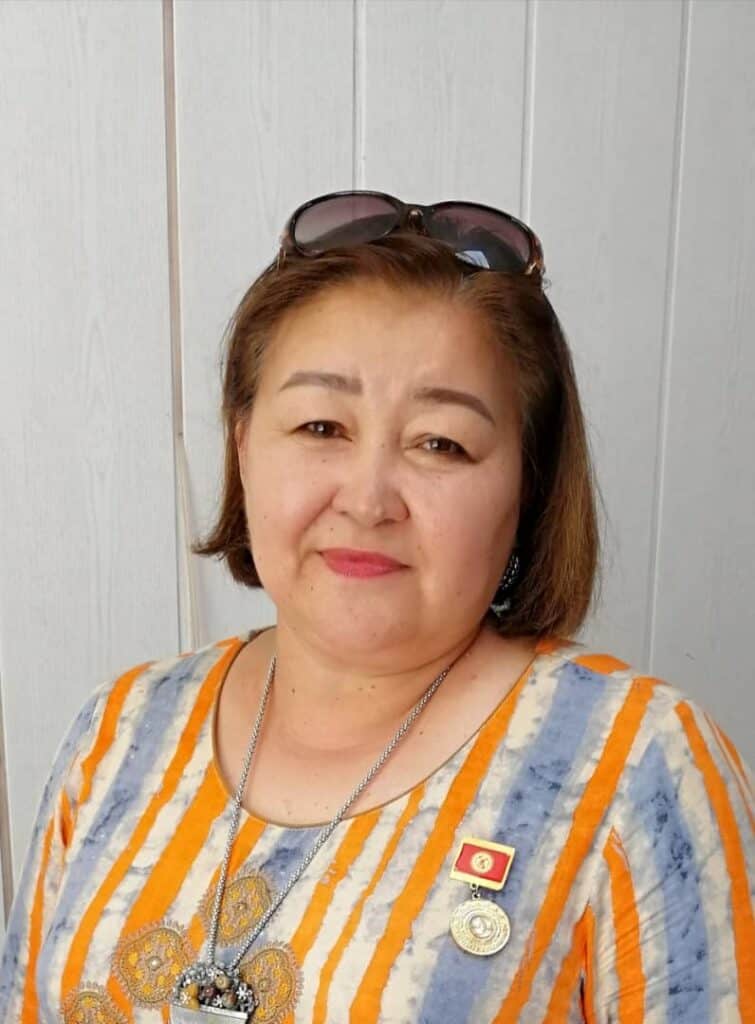
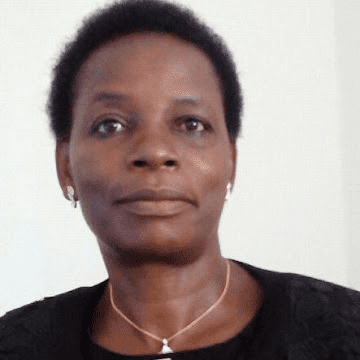
Embracing equity is about respecting and recognizing one’s contributions without being influenced by society’s gender role limitations of what one can achieve. For me, as a working woman, mother, and wife, it means striving for the same opportunities regardless of my additional roles and the responsibilities that come with them. Equity means leveling the playing field, acknowledging and making adjustments to imbalances so that each one has the opportunity to reach their highest potential.
– Kelly Chanika, Zambia
Health Promotions Specialist
USAID DISCOVER-Health Project
To me, ‘embrace equity’ is about being fair and embracing people’s different perspectives, needs, experiences, socioeconomic background, cultural background, religion, sexuality, age and so on. Being a responsive person-centered supply chain professional means you have to apply sustainable solutions. This occurs when you embrace equity from start to finish.
– Nancy Yousef, Iraq
Project Team Lead
UNFPA Iraq Supply Chain Assessment
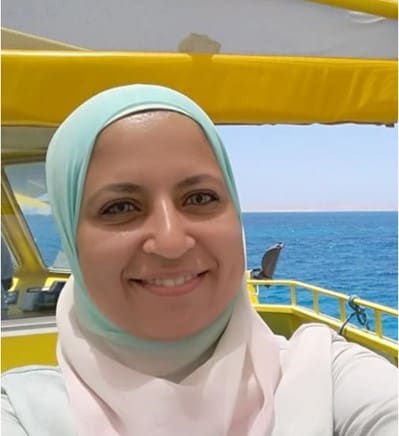
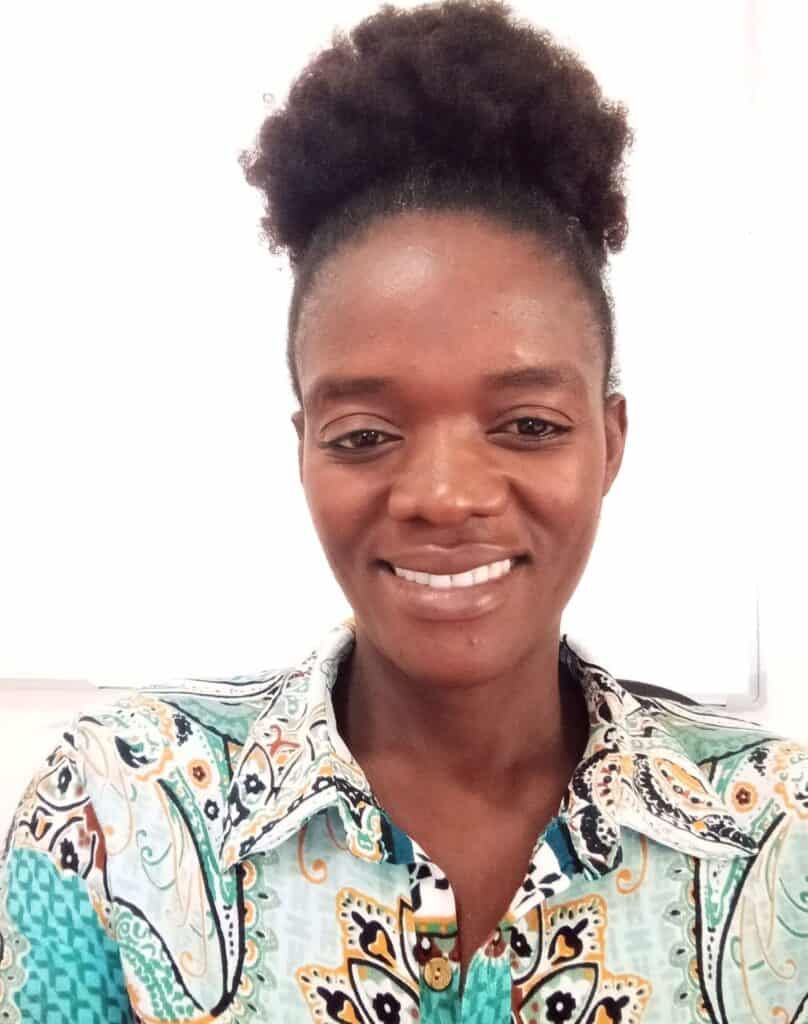
[Embracing equity] means promoting gender-responsive health systems globally so that the unique needs and perspectives of women and girls are integrated into all aspects of public health. The experience has been an exciting learning process with many achievements, yet we still have a long way to go.
– Lackeby Kawanga, Zambia
Director, Technical Services
USAID DISCOVER-Health Project

